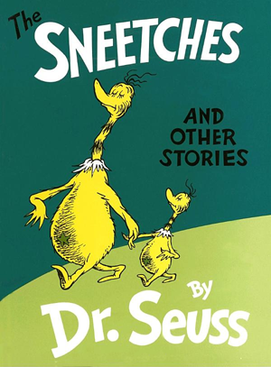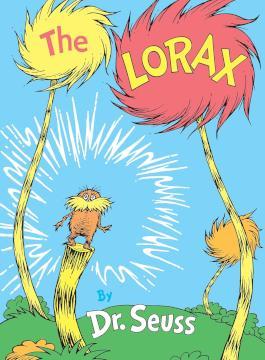Yeah, sure, mycorrhizal symbioses are cool and all but have you heard about endoparasitoid wasps and their web of relations?!
Not only does the adult wasp inject an egg and venom into the host caterpillar, they also inject a virus with which they've evolved a special relationship. The virus suppresses the immune system of the caterpillar, thereby increasing the chances that the wasp larva survives.
But there's more! The virus also alters the composition of the caterpillar's saliva. This in turn weakens the immune system of the plant that the caterpillar is feeding on, allowing it to grow faster and become a bigger meal for the growing wasp larva inside of it.
And still it goes on... The virus in the saliva of the caterpillar causes the plant to release airborne chemicals. These compounds are detected by a second species of wasp, this one a hyperparasitoid. It uses the chemicals to locate the plant and the host caterpillar and inject it's own egg. The second egg then hatches and begins feeding on the first wasp larva.








